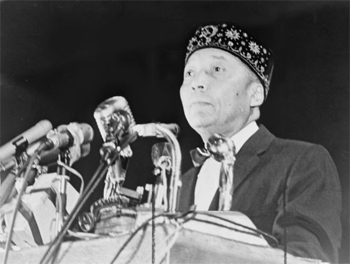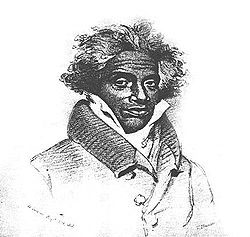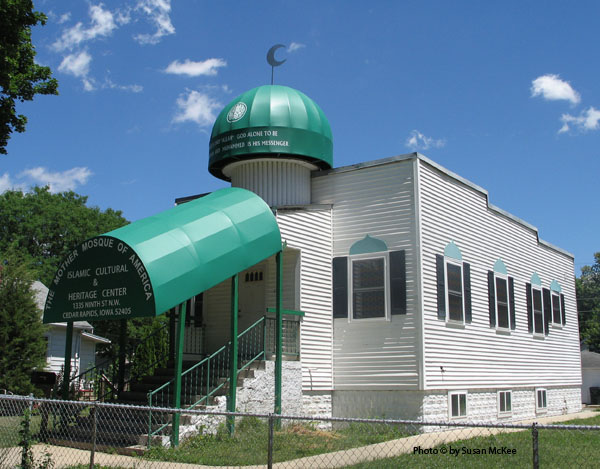Among Black Muslims, two names stand out: Wallace D. Fard and Robert Poole. Even if you’re familiar with the history of this indigenous Islamic religion, you may not recognize them — both were better known under different monikers: Wali Fard and Elijah Muhammad.

Robert (or Elijah) Poole was a laborer in Georgia before migrating north to Detroit with his wife, the former Clara Evans, and their two sons. Four more sons and two daughters were born in Michigan, where Poole worked in the auto industry until the Depression forced the family onto public relief. Poole attended one of Wali Fard‘s sermons in 1931, and became a convert. Fard renamed him, eventually, Elijah Muhammad and appointed his protegé Chief Minister of Islam.
In 1932, Elijah Muhammad moved to Chicago to establish the Nation of Islam’s Temple #2. Police confrontations (involving mandatory school attendance for Muslim children) forced Fard to flee Detroit for Chicago, where he was arrested again. Soon after, Fard disappeared for good and Elijah Muhammad became the movement’s leader.
Eventually, the Nation of Islam became a powerful force nationwide through both political and social programs. Elijah Muhammad’s power began to unravel when his protegé, Malcolm X, discovered that the Nation of Islam’s leader had not only committed adultery, but had fathered illegitimate children. Following Malcolm X’s defection and assassination, Elijah Muhammad clung to power over a diminishing realm. Upon his death in 1975, a power struggle splintered the Nation of Islam.
See also: Wali Fard

